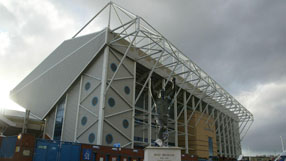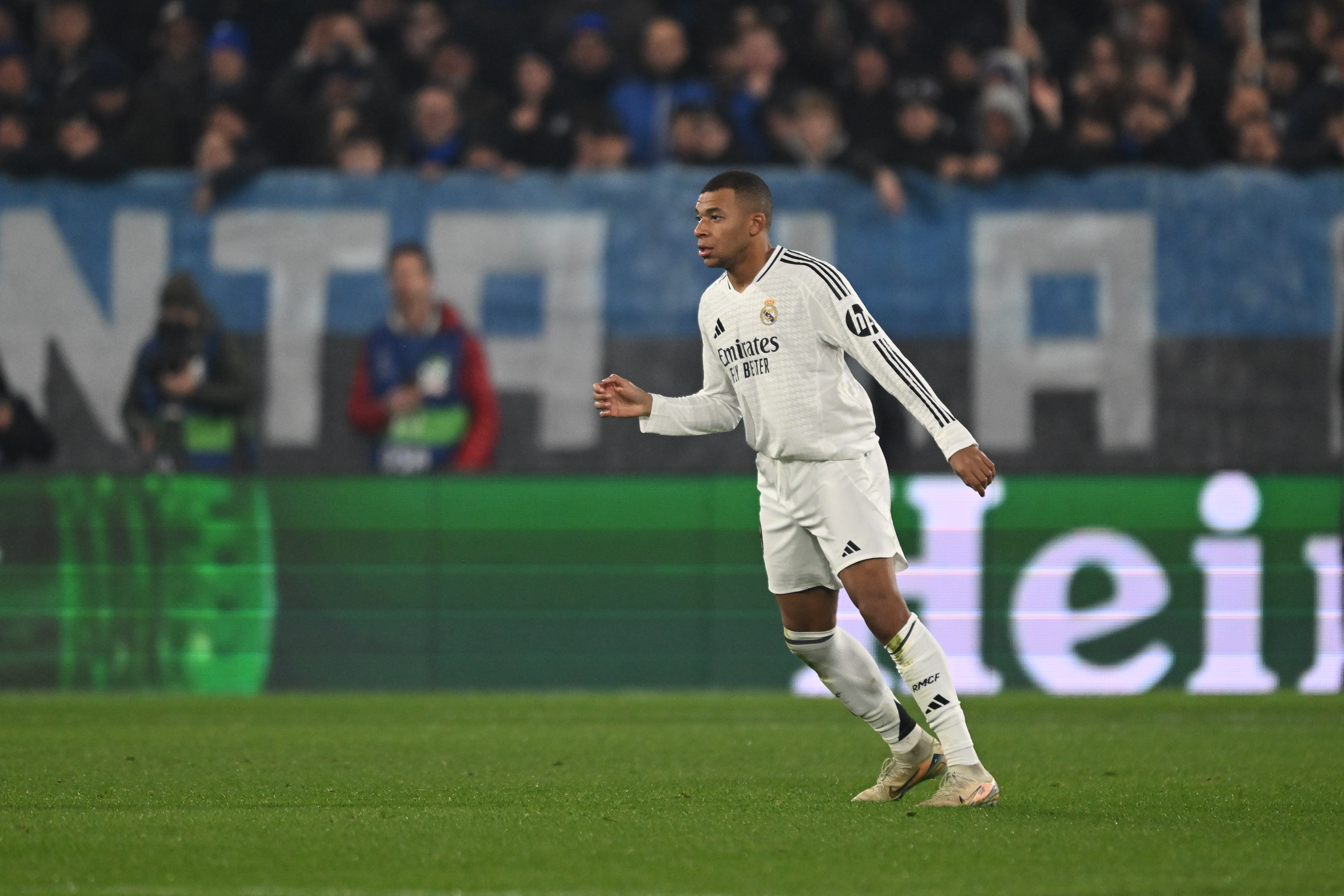Leeds suitor looks to have little financial clout
Having seen an Abu Dhabi billionaire's money help Manchester City become champions last year, Leeds United supporters dared to dream of something similar at Elland Road, the ground the club was forced to sell to stay afloat.

But the Dubai-based investment firm negotiating to take over Leeds, one of England's most famous clubs, appears to have little financial fire power to complete the deal, accounts of its Bahrain parent firm Gulf Finance House show.
The Bahrain company, meanwhile, has previously taken big fees from projects that rarely see completion, according to an internal document from 2010 reviewed by Reuters and verified by four former insiders.
Leeds has been in steep decline for a decade, on and off the football pitch.
Dubai-based GFH Capital is in exclusive talks to buy Leeds, which it estimates has a market value of around 52 million pounds. But GFH group had more than a quarter of a billion dollars of accumulated losses and less than $6 million in cash at the end of June.
"Words don't buy football clubs; money buys football clubs. We would expect to see evidence of GFH's ability to fulfil their claims and promises in the very near future after the takeover," said Gary Cooper, Chairman of the Leeds United Supporters' Trust, an independent fan group with more than 8,300 members.
GFH Capital Chief Executive David Haigh said his company had the resources to complete the transaction and buy new players, but gave no further details on the deal, citing a non-disclosure agreement during negotiations.
"We have the funds to buy the club, and it is our intention to buy Leeds United as quickly as possible," he said. Referring to the period when players are bought and sold, he added: "We have identified a budget for the January transfer window; that is critical for the future requirements of the team."
Get FourFourTwo Newsletter
The best features, fun and footballing quizzes, straight to your inbox every week.
Leeds United declined to comment, citing the confidentiality agreement, while current owner Ken Bates, who tends to communicate with the press via public statements, told the Leeds United channel he was not responsible for the delay in closing the deal, first announced on September 27.
LOOKING INTO GFH
An internal Gulf Finance House (GFH) project assessment document of 2010 seen by Reuters and verified by four former insiders showed that by September 2009, GFH and Abu Dhabi Investment House (ADIH), run by GFH founder Esam Janahi's brother Rashad, had jointly raised $1.1 billion from investors to build an economic development zone in Mumbai.
But more than half was extracted in fees and commissions to GFH, ADIH and others before work was even begun, against the one or two per cent management fee typically paid to fund managers, who might then charge a 20 per cent performance fee on profits returned to investors. The same pattern is seen in at least five other projects, further 2010 project assessment documents show.
GFH did not return calls or respond to e-mailed questions about the company's financial condition or the current stage of development of its projects.
Other former executives and regional finance professionals say GFH Capital has a scant track record in doing deals, while its troubled parent has staved off bankruptcy again this year as in 2010, having restructured debt repayments in May and July.
GFH Capital says it can afford the investments to get the club back into the Premier League and buy back the stadium.
